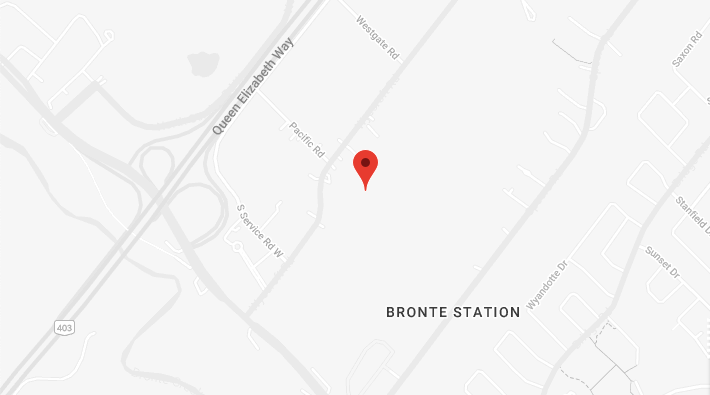The PuroClean Blog
How to Prevent Carbon Monoxide Poisoning
 Carbon Monoxide is an odourless, colourless and tasteless gas that can cause illness and death. Any fuel burning appliance is a potential source of carbon monoxide (CO) in homes and properties. CO poisoning can be prevented by following a number of safety rules. Here are some of the most important:
Carbon Monoxide is an odourless, colourless and tasteless gas that can cause illness and death. Any fuel burning appliance is a potential source of carbon monoxide (CO) in homes and properties. CO poisoning can be prevented by following a number of safety rules. Here are some of the most important:
- Installing a battery-operated CO detector in is a major priority. It is also important to test and replace the batteries regularly, usually when Daylight Saving Time begins and ends. Furniture or draperies should not cover the alarm.
- The heating system, water heater and any other gas, oil, or coal burning appliance must be serviced by a qualified technician every year. When purchasing gas equipment, the appliance should be checked for the seal of a national testing agency.
- Chimneys should be inspected and cleaned every year. Chimneys can be clogged by debris – this can cause CO to build up inside the property.
- Portable flameless chemical heaters must not be used indoors. Although these heaters don’t have a flame, they burn gas and can cause CO to build up inside the property.
- Portable generators or any other gasoline engine-powered tool should not be operated in or near any house, garage or other enclosed space.
- Gas ranges, ovens or portable gas camp stoves must not be used for heating indoors. Using these can cause CO buildup inside the property.
- Charcoal must not be used indoors. Burning charcoal — red, gray, black, or white — gives off CO.
- Charcoal grills or barbecue grills are not for indoor use. Using a grill indoors will cause a build-up of CO inside the property, unless it is used inside a vented fireplace.
- Vent pipes should not be patched with tape, gum, or something else. This kind of patch can result in CO build-up in the property.
- Indoor vent pipes should go up slightly as they go toward outdoors. This helps prevent CO or other gases from leaking if the joints or pipes aren’t fitted tightly.
- Cars or trucks must never be run inside a garage attached to the house, even if the garage door is open.
- The car’s exhaust system should be checked by a mechanic every year. A small leak in the car’s exhaust system can lead to CO build-up inside the car.
- If a carbon monoxide alarm sounds, everyone in the property must go outside, then someone should call 911. Everyone should stay outside the building until emergency services personnel gives the all-clear.
More facts about carbon monoxide are available here and tips for freshening up indoor air can be found here. The PuroClean team stands ready to provide professional restoration services to any property affected by fire, water or mould damage.
Follow us on Twitter, Facebook, Google+ and LinkedIn to get our notifications!
December 15, 2016



